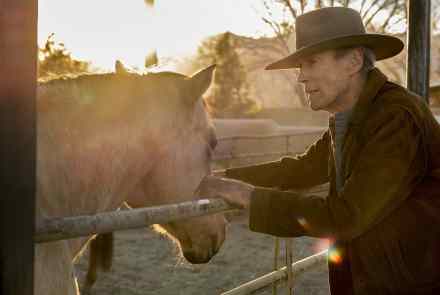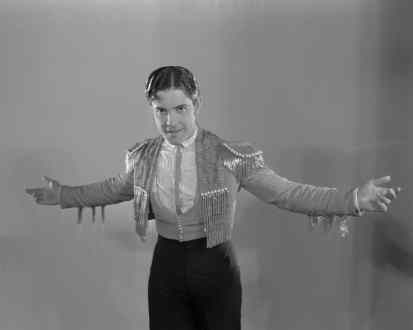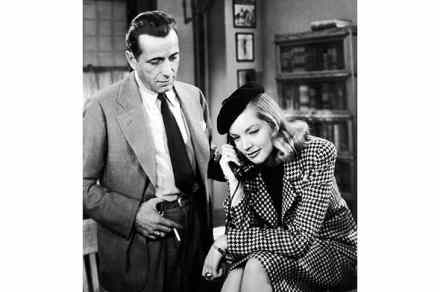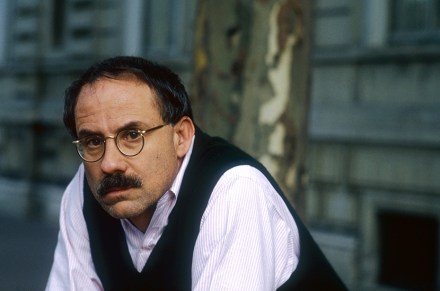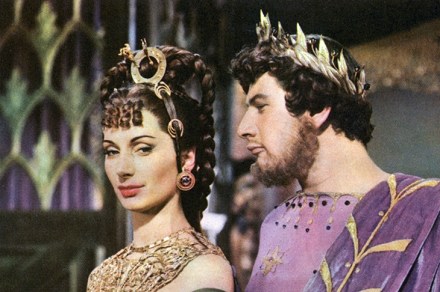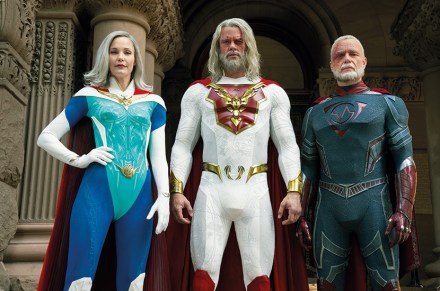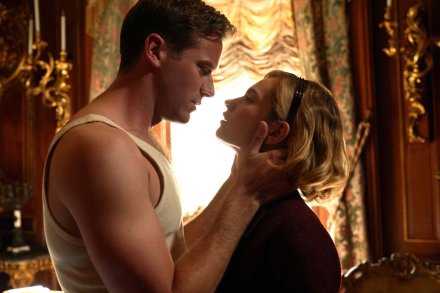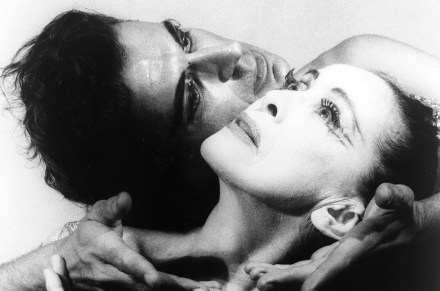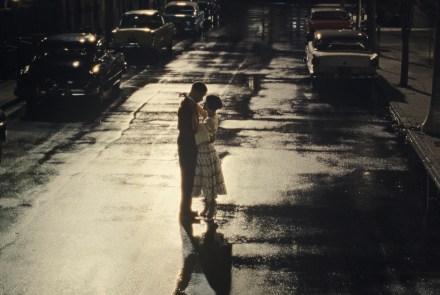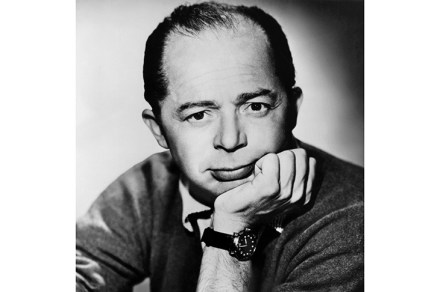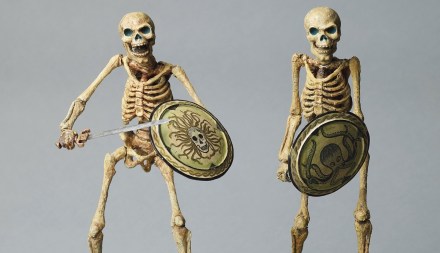Hollywood, fist-fights and getting cancelled: Joan Collins and Taki in conversation
Introductions Scene: a drawing room in London. When the recording starts, Taki is already mid-anecdote… Taki: … I was sent out to Monte Carlo to speak to Roger Moore. The Spectator offered to pay all my expenses. I said thank you, I’ll pay my own. I went and had a terrific drunken dinner with Roger who really spilled the beans, cos we were buddies. I came back. The tape was empty because I’d never turned the recorder on. Joan: I’d known Roger since I was 15, because my father was a big agent in London and I came back from school — oh, 14 actually, because I left school at




